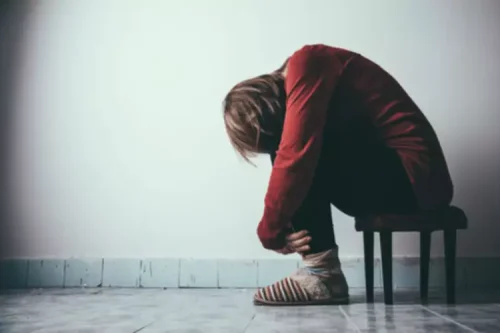
Part of that role involves helping teens successfully navigate increasingly complex social situations. This includes teaching them to say “No” effectively — stating their position clearly, standing their ground, while still maintaining relationships. In most scenarios on how to deal with peer pressure, it turns out to be unable to tackle the feelings that come when you avoid peer pressure. While dealing with peer pressure, you can start documenting your emotions in a journal that provides a healthy approach after submitting to negative peer influence.
Follow FCPS on Social Media
Eden brings years of experience as a former Executive Producer of Newsgathering at CNN, as well as a field producer, writer, and reporter for CNN and other news organizations. They can help each other develop new skills, or stimulate interest in books, music or extracurricular activities. Keep in mind that each child and family is different so you may need to try different ways of putting these strategies in place. It may take some trial and error to figure out what works for your family. Talk to a friend, counsellor or support person if you need more help. There might be many cases in which you have experienced peer pressure, but you don’t want to respond to it, so you can think of a response which can help you to escape from that situation.

Free Printable Holiday Coloring Pages to Inspire Your Child’s Inner Artist
It’s common for teens to talk less to parents and more with friends. But when it comes down to it, teens want to know and value their parents’ opinions — especially on tough topics such as sex and drug use. Spotting signs of peer pressure will allow you to intervene when you recognize that your child is headed down an unhealthy road.

Things you might worry about

We can give teens the know-how by considering the following strategies and understanding how they can make a difference. Parents’ positive feedback turns out to be a booster for their children when they are facing any kind of peer pressure. They act as a guardian who can treat them well and can help in how to tackle peer which of the following is a type of indirect peer pressure? pressure. Zalamar says peer pressure can be especially effective with kids whose parents haven’t had these conversations, so it’s important to arm your kids with responses. Zalamar also points to social media playing a role in what kids perceive as “cool,” which can lead them toward doing things they’d rather not do.

The Importance of Reading to Children and Its Enhancements to Their Development
It is driven by a desire to feel “normal,” a need that heightens during adolescence. For this reason, we prepare our children to navigate teen culture when we help them clarify values and think through what they want for themselves. Parents can support teens to follow their own thoughts and feelings and still feel like they are fitting in. In many peer groups, academic achievement is highly valued, leading to intense competition among students.
What causes parents to pressure children?
- When children see their classmates striving for excellence, they may be motivated to put in more effort themselves.
- Research shows that peers and positive peer pressure can play a significant role in influencing prosocial behaviors.
- Often, we think of peer pressure in relation to alcohol or other drugs.
It’s more like a dance where everyone tries different moves to look like they know what steps to take. People make choices and engage in behaviors because they think it’s how they’ll fit in. And, the people suggesting the behaviors often do it to show they are the trendsetters.
Things Teachers Should Know About Your Child
Peers can pressure kids to sneak out of the house, cut school, drive without a license (or ride with an underage driver), steal, vandalize property, and cheat. Tell your child https://ecosoberhouse.com/ they can blame you if they need to get out of a bad situation. Give your child a special code word to say or text you if they can’t get out of a situation on their own.
Have your child stand firmly in their convictions by simply letting their peers know they don’t need to prove themselves. If your family has clear household rules it will be easier for your child to avoid breaking them. Provide your child with certain ground rules like, “in this family we are kind to everyone.” If kindness is a family rule, agreeing to tease another classmate would clearly go against that. The child can then refer to their family rule when refusing to give in to peer pressure. Responses to questions posted on EmpoweringParents.com are not intended to replace qualified medical or mental health assessments.

- But when it comes down to it, teens want to know and value their parents’ opinions — especially on tough topics such as sex and drug use.
- We ask that you refrain from discussing topics of a political or religious nature.
- Parents often have good intentions but don’t know how to stay involved with their child — especially in the adolescent and teen years — without applying pressure.
- Eden brings years of experience as a former Executive Producer of Newsgathering at CNN, as well as a field producer, writer, and reporter for CNN and other news organizations.
When one is abused, especially in severe cases, it is said that they are turned into an object—the objectification of another. Or to cope with the trauma of abuse, they have turned themselves into an object—a non-feeling thing. In either case, one imagines others to be fundamentally like them—the same kind of animal.
- Sleep disturbances and fatigue are physiological manifestations of stress that many teenagers experience.
- This is generally what people mean when they talk about ‘peer pressure’.
- People make choices and engage in behaviors because they think it’s how they’ll fit in.
- Her pieces cover a range of topics including teen development, peer pressure, and mentoring.
- Parents can even help their kids with ideas on “why” they need to leave.